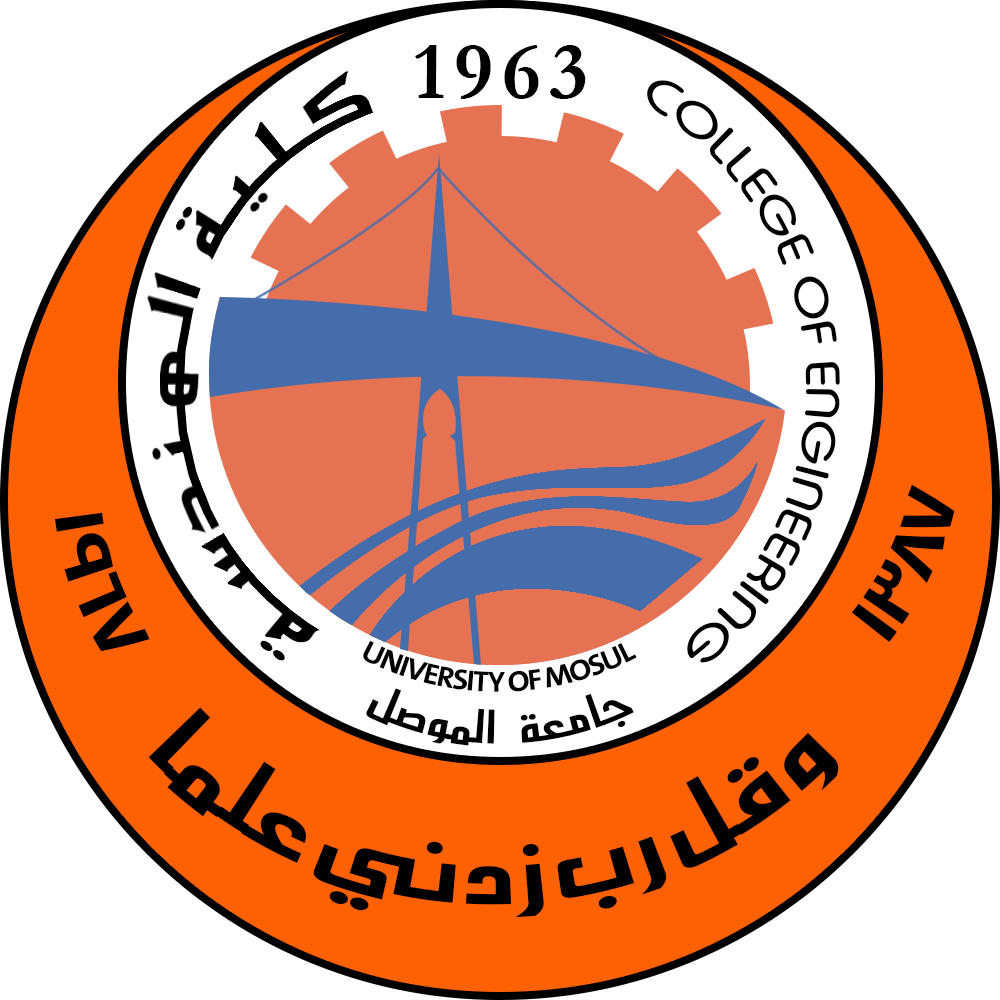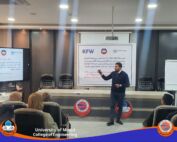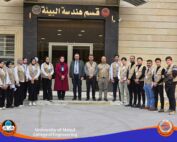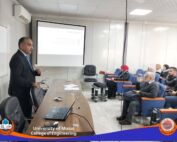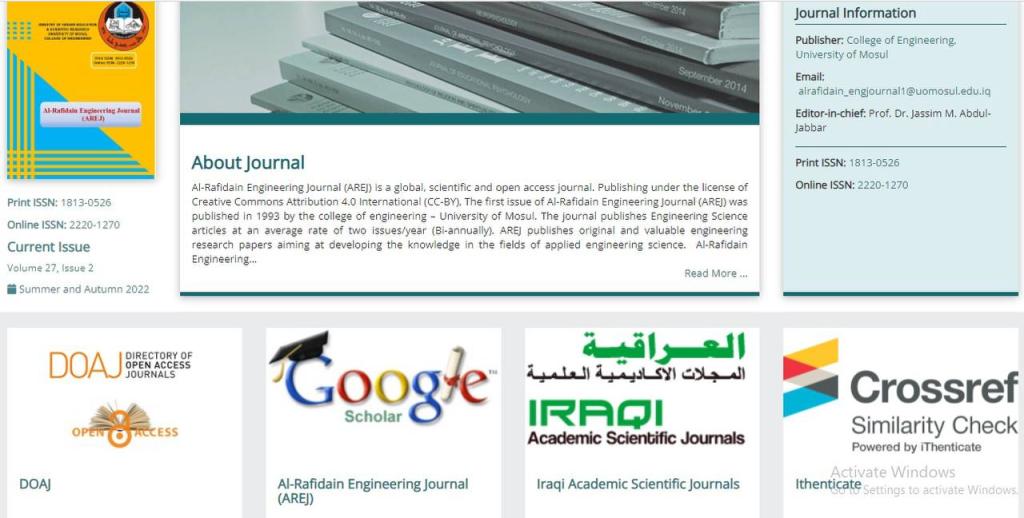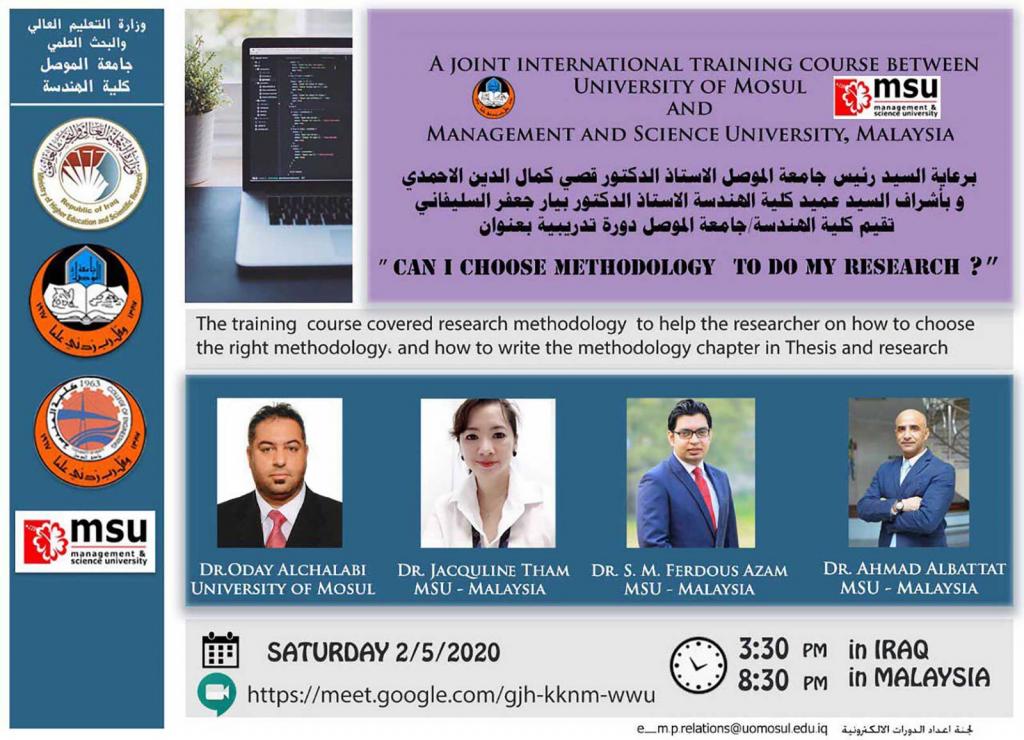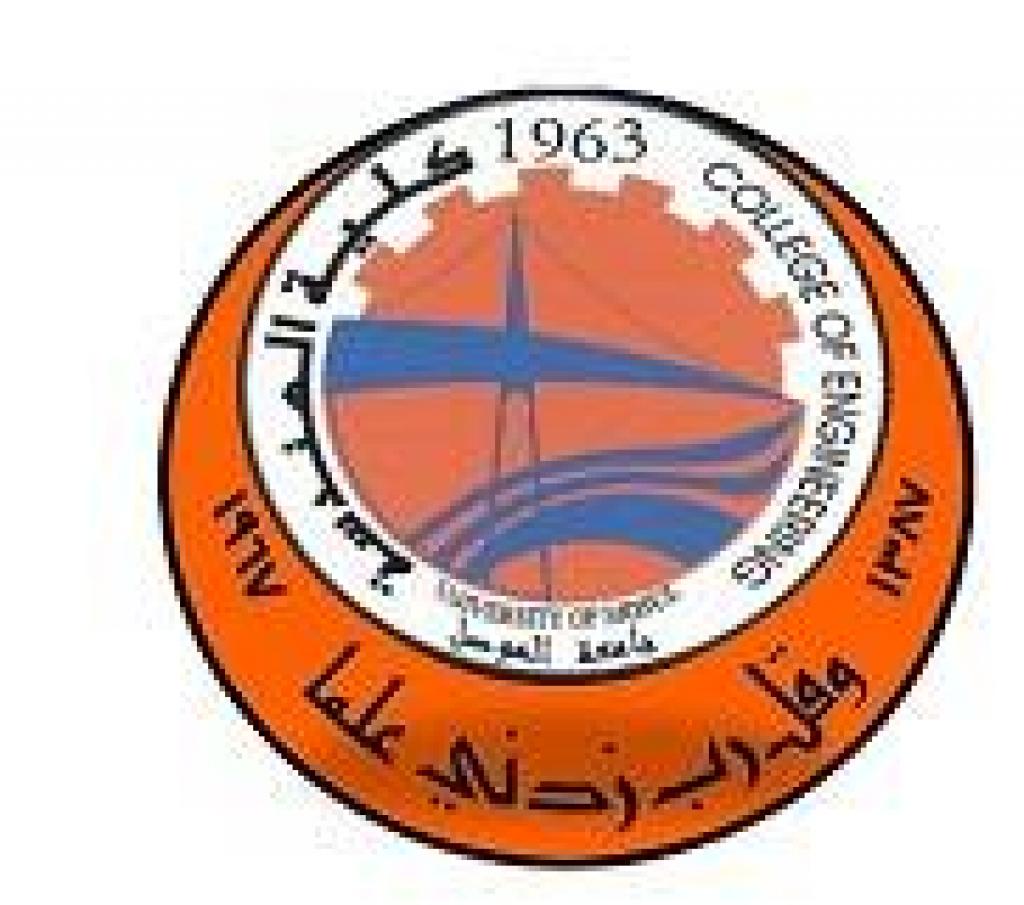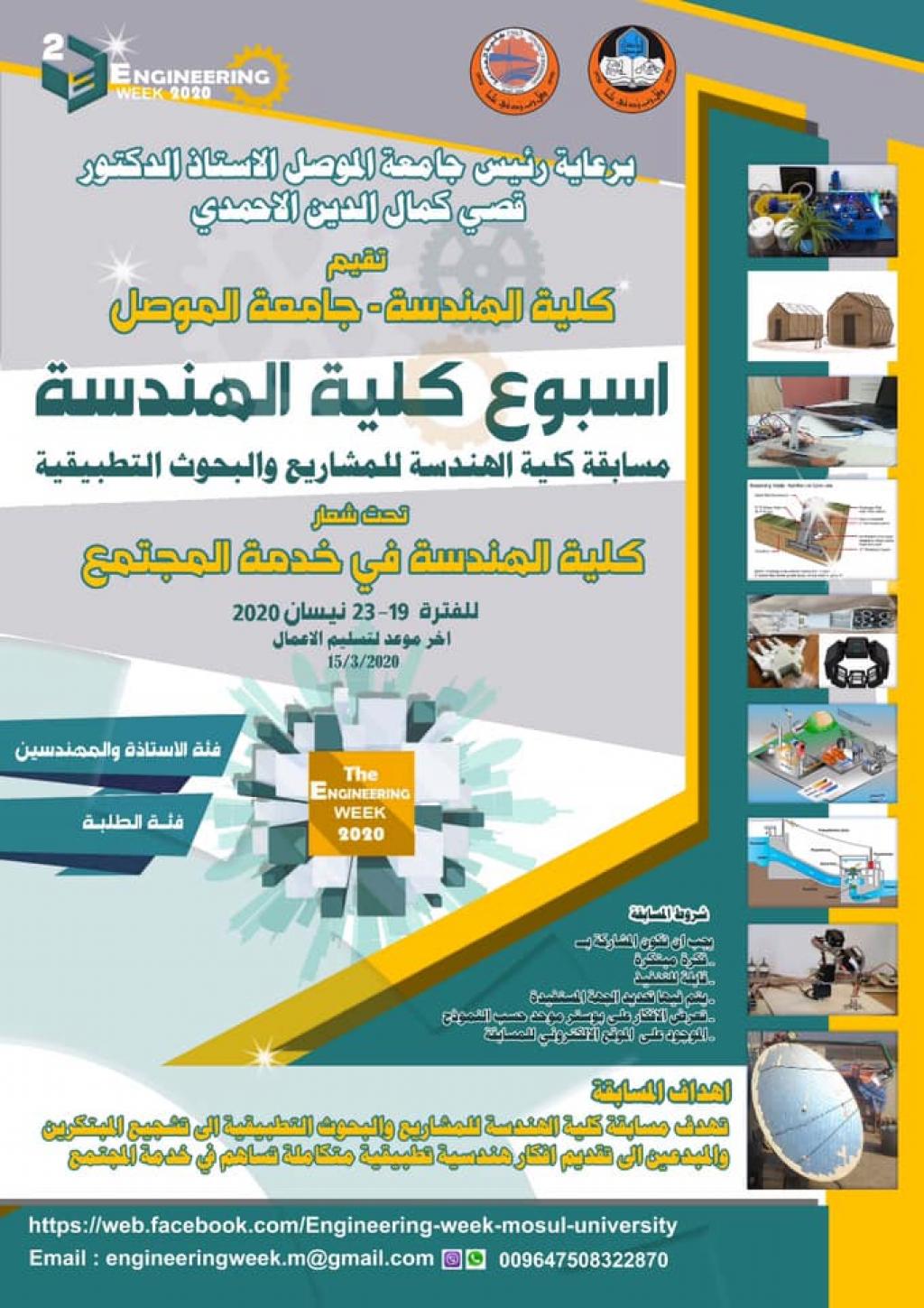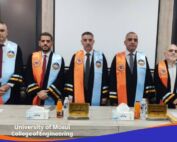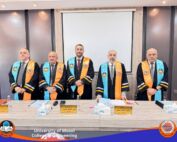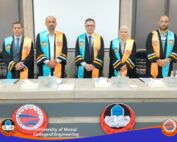27 February، 2022
Master Thesis on “Utilizing of thermal energy associated with exhaust gases in an absorption refrigeration system”
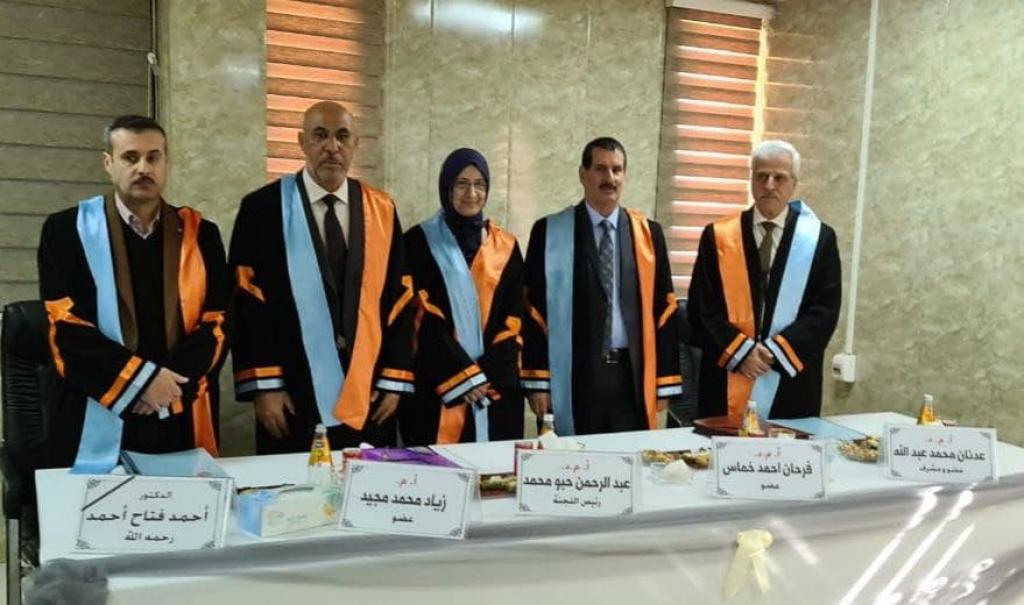
A master thesis was discussed in Department of Mechanical Engineering / College of Engineering at University of Mosul entitled “Utilizing of thermal energy associated with exhaust gases in an absorption refrigeration system” submitted by (Zahraa Reyad Mahmood), Supervised By Dr. Adnan M.A. Saffawiand Dr. Ahmed Fattah Ahmedon Thursday, Feb. 24, 2022.The thesis includes a theoretical study to verify the possibility of operating an absorption refrigeration system uses a (Lithiume Bromide – water) that works by utilizing the dissipated energy with the exhaust gases of an internal combustion engine in different conditions for both the engine and refrigeration system. In order to made the study to be close to reality, the experimental results obtained from the operation of a laboratory four-stroke, four-cylinder internal combustion engine were used to simulate the absorption refrigeration system and to study the effect of some operational factors for the engine and the refrigeration system on the coefficient of performance, using the engineering equations solver program (EES).The results showed that the amount of thermal energy dissipated with the exhaust gases and the temperature of these gases increases with an increase in the rotational speed, and the highest value of thermal energy reached 20.27 kW and the highest temperature was 416.7 °C when the load was 100% and the rotational speed was 2500 rpm. Also, both the cooling capacity and the coefficient of performance increase with an increase in the rotational speed as well, for all loading conditions. The percentage increase in the cooling capacity was 130% and in the coefficient of performance was 0.54% when changing the speed from 1250 to 2500 RPM, for the temperatures of the evaporator, condenser and absorber of (12, 35 and 35 °C), and it was recorded the highest value of the coefficient of performance under these conditions which is (0.8543).Also, the results showed that the cooling capacity and performance coefficient increased with an increase in the evaporator temperature for all engine operating conditions. The percentage increase in the cooling capacity was 37.5% and in the coefficient of performance was 4.8% when changing the evaporator temperature from 4 to 12 °C and when the load was 100% and the rotational speed was 2500 RPM and the temperature of the condenser and the absorber was 35 °C .The study also showed the possibility of utilizing the waste heat energy with the exhaust gases of the engine to operate an absorption refrigeration system in certain conditions, especially at high loads. The heat energy dissipated with the exhaust gases ranged between 4.599 kW at engine rotational speed of 1250 rpm for no-load conditions and 20.27 kW at a rotational speed of 2500 rpm for 100% load conditions.
